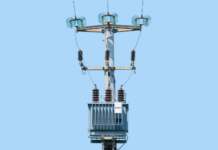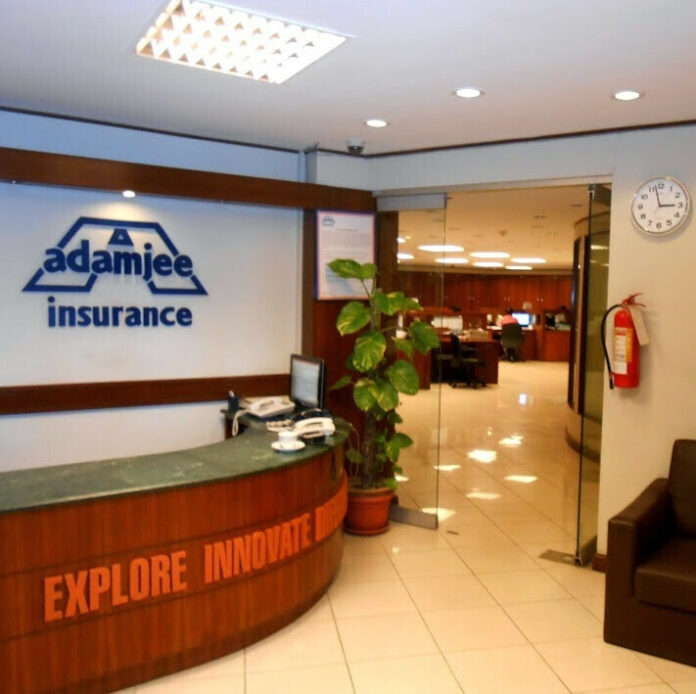After dazzling investors with a 71% jump in earnings per share to Rs6.22 during calendar-year 2024, Adamjee Life Assurance Company Ltd (ALIFE) has hit the brakes. In the first quarter of 2025 (1QCY25) the insurer’s EPS slid to Rs0.49, less than half the Rs1.22 earned in the same period last year (SPLY).
The top line told a very different story. Gross written premium soared 45% year-on-year to Rs9.47 billion, while net premium climbed by a similar margin to Rs9.29 billion . Yet profits shrank because costs rose even faster. Profit before tax plunged 60% to Rs201 million as higher claims, acquisition expenses and a hefty actuarial provisioning charge ate into margins .
Net claims advanced 21%, broadly in step with the expanding book, but the change in insurance liabilities jumped 17%, reflecting more conservative actuarial assumptions under the impending IFRS 17 regime. Financing cost, though small in absolute terms, spiked almost nine-fold on short-term working-capital lines – an echo of Pakistan’s double-digit interest-rate cycle .
An equity research analyst note by Chase Securities, a brokerage firm, lists three near-term headwinds: The first is falling interest rates. With the State Bank expected to begin an easing cycle in the second half of the year, the reinvestment yield on Adamjee Life’s bond-heavy portfolio will decline, squeezing the investment margin that underpinned 2024’s bumper results .
There is also the sales-tax cloud. A long-running dispute over provincial sales tax on insurance and re-insurance services remains sub judice, creating uncertainty around expense assumptions and pricing .
Finally, there is the cost of compliance. The company is midway through Phase 4 of its IFRS 17 parallel run, working with an international consultant on new actuarial and accounting systems – a project that is raising overheads before it delivers any operational benefit. The content in this publication is expensive to produce. But unlike other journalistic outfits, business publications have to cover the very organizations that directly give them advertisements. Hence, this large source of revenue, which is the lifeblood of other media houses, is severely compromised on account of Profit’s no-compromise policy when it comes to our reporting. No wonder, Profit has lost multiple ad deals, worth tens of millions of rupees, due to stories that held big businesses to account. Hence, for our work to continue unfettered, it must be supported by discerning readers who know the value of quality business journalism, not just for the economy but for the society as a whole.To read the full article, subscribe and support independent business journalism in Pakistan
























